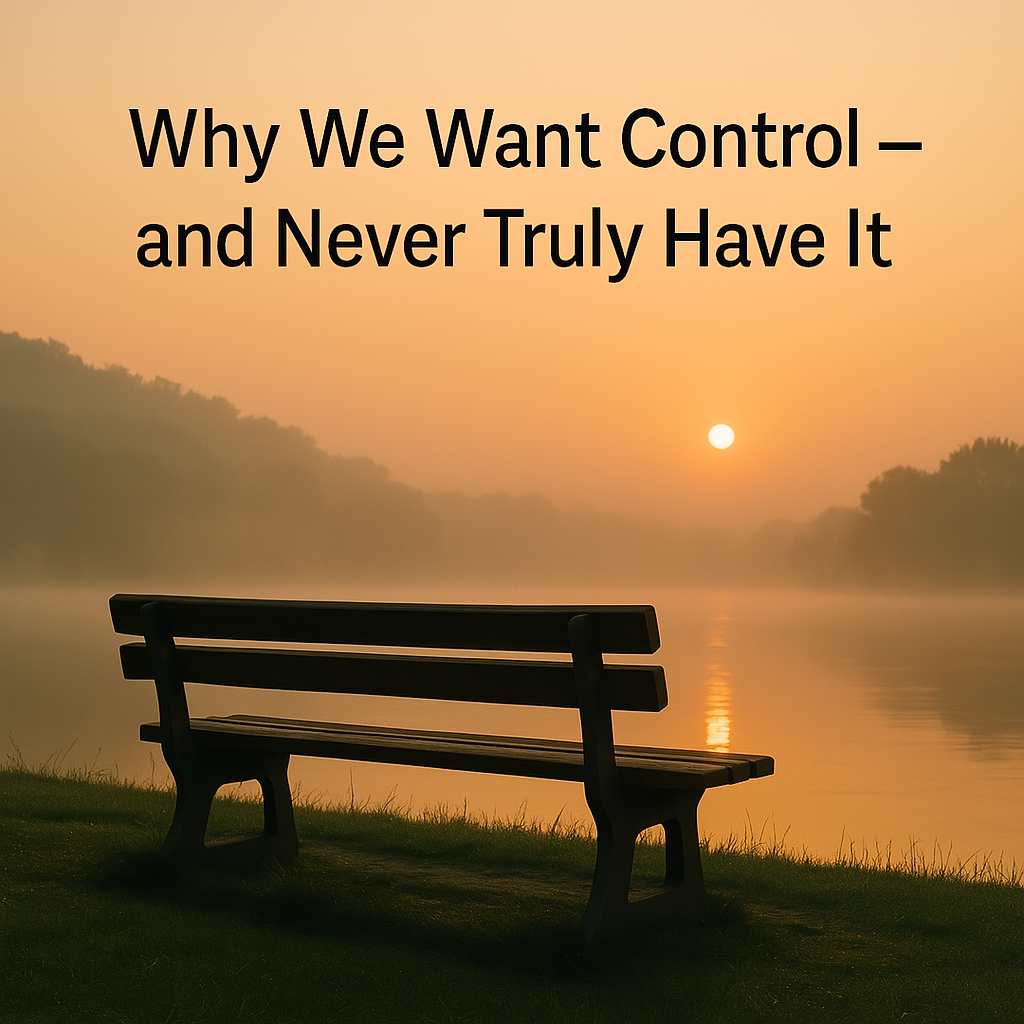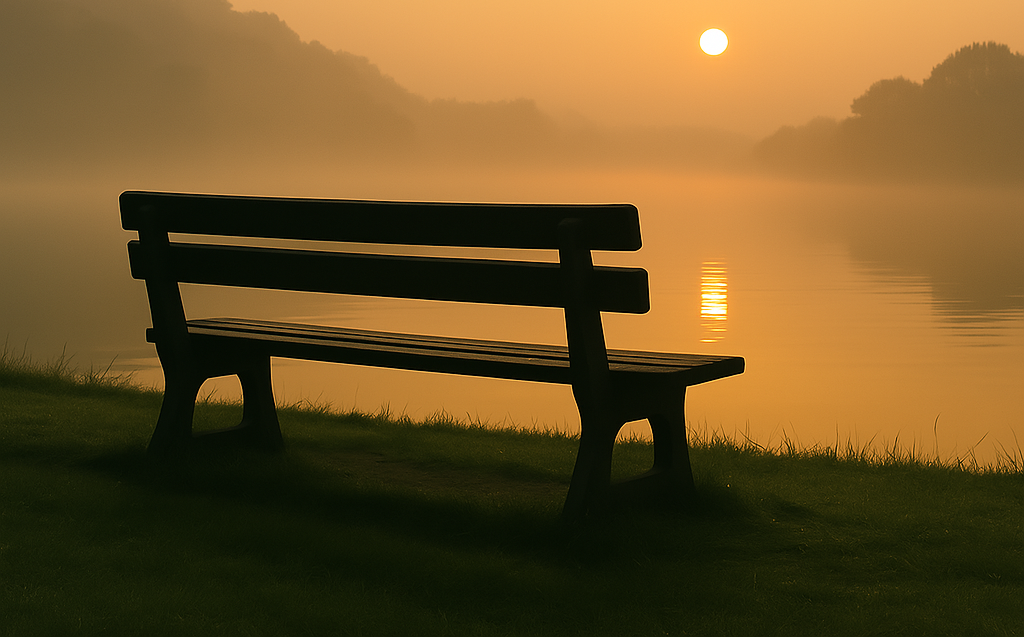There’s a quiet tension that follows us through life — the need to hold things together. To predict. To prepare. To protect. We build plans, cling to routines, and map out futures with the hope that we can bend life to our will.
But beneath all that effort, we rarely stop to ask why we want control in the first place.
So, why do we want control?
Because we can think.
Our minds are always active — planning, fearing, hoping, doubting. We imagine scenarios, prepare for outcomes, and replay regrets. That mental capacity fuels our deep craving for control — not just of things, but of time, people, emotions, even fate.
If we couldn’t think, I’m not sure we’d need control.

Why We Want Control: Animals Control to Survive, We Control to Feel Secure
Other organisms might live instinctively. Take bees, for instance — they organize, protect, and build. But do they want control? I doubt a soldier bee wakes up dreaming of revolt. Control in that world is about function and survival, not ambition.
Even the queen bee doesn’t “decide” to lead — she simply becomes what the hive needs.
Ants do something similar. They build vast underground cities, divide labor, and even sacrifice themselves for the colony — not because of loyalty, but because it’s wired into them. There are even ant species where a single dominant female suppresses others from reproducing, purely through pheromones.
In some parasitic wasps, the control goes even deeper — they inject their eggs into other insects, turning their hosts into walking incubators. The host is alive but no longer in charge.
And then there are fungi, like the cordyceps, that take over an insect’s mind, guiding its movements until it dies — all to help the fungus spread.
In these cases, control is built into biology. It serves a purpose. It ensures survival. There’s no questioning, no resistance — just a kind of eerie obedience to the system.
But humans?
We have choice.
We have thought.
And maybe that’s what makes our struggle with control so uniquely complicated.
Why We Want Control and the Illusion of Having It
We build habits, set intentions, and plan our days down to the minute — even setting alarms for early mornings with hope. Yet, something as simple as waking up isn’t fully ours to command. The mind may be willing, but the body has its own rhythm. Even breathing, the most natural act, continues without our say — or stops, without warning.
Maybe our desire to shape things, to influence outcomes, isn’t just about power — maybe it’s about meaning. A way to convince ourselves we’re not drifting. That there’s something we can hold onto.
But again and again, life reminds us: we’re not steering the ship — not entirely.
Still, we reach out.
Still, we plan.
Still, we hope.
Maybe it’s not the answers we seek — but the comfort of trying.
Always Controlled — Never Fully in Control
The truth is strange:
We don’t really have control.
And yet, we’re always being controlled — by fear, love, habits, memories, even beliefs we never chose.
We want freedom, but life often feels like it pulls us in different directions. Something invisible seems to guide our choices before we even notice them.
Still, we blame ourselves. We think we should always be in charge.
But maybe we never truly were.
“Man is not worried by real problems so much as by his imagined anxieties about real problems.”
— Epictetus
“Freedom is what you do with what’s been done to you.”
— Jean-Paul Sartre
“Between stimulus and response there is a space. In that space is our power to choose our response. In our response lies our growth and our freedom.”
— Viktor E. Frankl
Maybe real power isn’t full control — but the awareness that we don’t always have it.
Why We Want Control: So What Do We Actually Want?
If you’ve read Why I Started This Blog, you’ll know this space isn’t about finding final answers. It’s about the stillness in asking questions.
Maybe we never wanted control —
Maybe what we wanted was certainty.
And maybe the truest form of peace is in learning how to be okay without it.
A Thought Worth Sharing
If you’ve found yourself questioning the need to control everything — or feeling overwhelmed by how little you actually can — you’re not alone. These thoughts aren’t just yours; they’ve echoed through the minds of philosophers, survivors, and seekers for centuries. If you’re open to diving deeper into this, you might resonate with Man’s Search for Meaning by Viktor Frankl — a powerful reflection on how purpose can grow even in suffering, and how our freedom lies not in controlling life, but in how we respond to it.

Leave a Reply